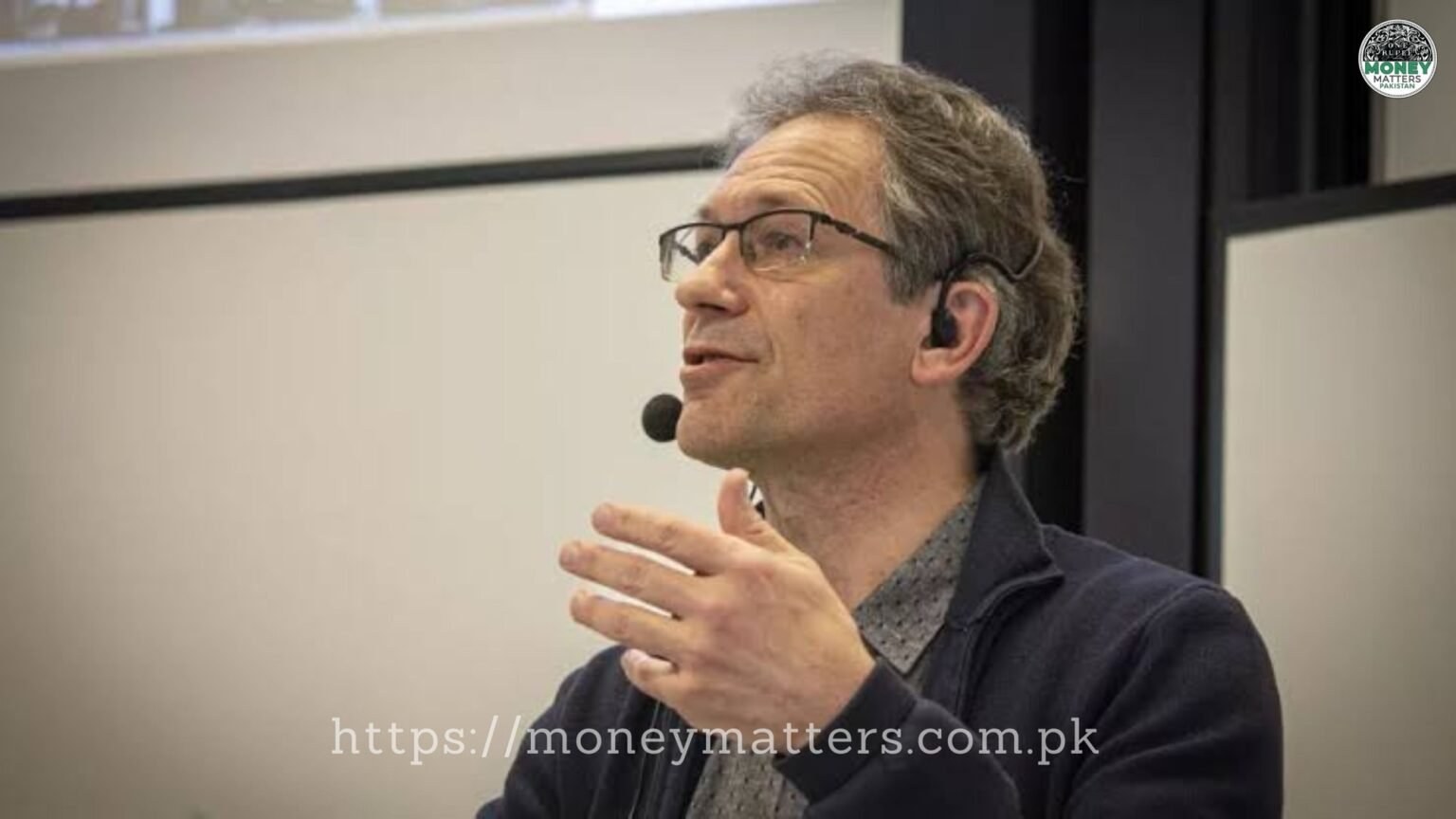Analysis suggests India’s pursuit of diverse partnerships may not fully insulate it from the economic repercussions of ongoing conflict with its neighbor.
Key Takeaways:
- Renewed conflict between India and Pakistan following an attack in Kashmir presents a potentially dangerous shift in their relationship.
- India’s altered status of Jammu and Kashmir since 2019, revoking its prior autonomy, underpins the current tensions.
- Despite India’s efforts to engage multiple global partners, it may face limitations in overcoming the economic impact of its continued engagement with Pakistan.
Money Matters Monitoring – A recent analysis by political scientist Christophe Jaffrelot, a specialist in the Indian subcontinent, published in “Le Monde,” raises concerns about India’s relative isolation in the face of renewed conflict with Pakistan. In his article titled, “India appears relatively isolated compared to Pakistan,” Jaffrelot argues that the latest escalation, following the April 22 attack in Kashmir, signifies a potentially perilous juncture in the relationship between the two nations.
Jaffrelot highlights a critical departure from previous Indo-Pakistan conflicts, stating suffering from water stress due to climate change, will eventually no longer be able to ensure the country’s food security, nor to produce the cotton that weighs so heavily in the country’s trade balance.
In a few hours, Washington brought India back to square one, which, since the 1970s, had managed to avoid any internationalization of this issue that it wanted to solve bilaterally. Immediately, the Modi government was the target of acid criticism.
In these conditions, alerted by the risk of nuclearization of the conflict, Donald Trump intervened abruptly, while he had so far shown an incredible casualness by considering that this conflict, according to him “millennial”, was not within his jurisdiction. This intervention was disturbingly effective: a few hours after undertaking exchanges, the American president announced, in a message on X, that he had obtained a ceasefire, by taking the Indians by surprise, who were then furious to hear the American president evoke talks on Kashmir and the Secretary of State, Marco Rubio, invited them to negotiate with Islamabad in a neutral place.
In a few hours, Washington brought India back to square one, which, since the 1970s, had managed to avoid any internationalization of this issue that it wanted to solve bilaterally. Immediately, the Modi government was the target of acid criticism. A military operation, which had just shown India’s “zero tolerance” for terrorism with a burst, turned to political defeat, especially as Pakistan celebrated its “victory”, symbolized by the destruction of an Indian Rafale and other “trophies”.
Donald Trump willingly treats India and Pakistan on an equal footing and sends them back to back, while New Delhi strives to emancipate itself from this face-to-face with its neighbor, a highly dissuasive situation for foreign investors, and to play the great powers.
Internationally, India appeared relatively isolated compared to Pakistan. On the latter’s side, Turkey and especially China – whose (many) weapons sold in Pakistan or co-produced with it proved to be quite effective – expressed unwavering support for Islamabad. This Sino-Pakistani solidarity, which had not been so manifested during previous conflicts, but which is now explained by the creation of the Sino-Pakistani economic corridor, the flagship of the new silk roads, is a bad omen for India, whose economy depends heavily on Chinese imports.
In addition, China could do to India what it wants to inflict on Pakistan in terms of access to water, because the course of the Brahmaputra crosses the Tibetan plateau before entering Indian territory. Not only did New Delhi fail to get the name of the Pakistan-based terrorist group, to which the Indians attribute the April attack, in the Security Council’s communiqué condemning the latter, but India also failed to prevent the International Monetary Fund (IMF) from granting a new $1 billion to Pakistan.
Even worse: Donald Trump willingly treats India and Pakistan on an equal footing and sends them back to back, while New Delhi strives to emancipate itself from this face-to-face with its neighbor, a highly dissuasive situation for foreign investors, and to play the great powers.
By multiplying partners without ever wanting to form any alliance, India may have reached the limits of plurilateralism. Beyond that, New Delhi is facing a new challenge, because Pakistan, where the army has regained its luster, risks still playing the terrorist card away from the atomic weapon. This is not new, but more dangerous in the current context,” according to Jaffrelot.
Christophe Jaffrelot is identified as a political scientist specializing in the Indian subcontinent and a research director at CERI-Sciences Po/CNRS. He is also the author of “L’Inde de Modi. National populism and ethnic democracy” (Fayard, 2019).




